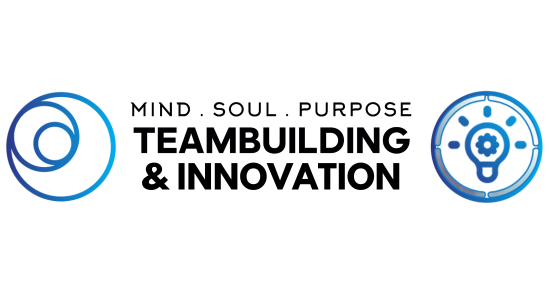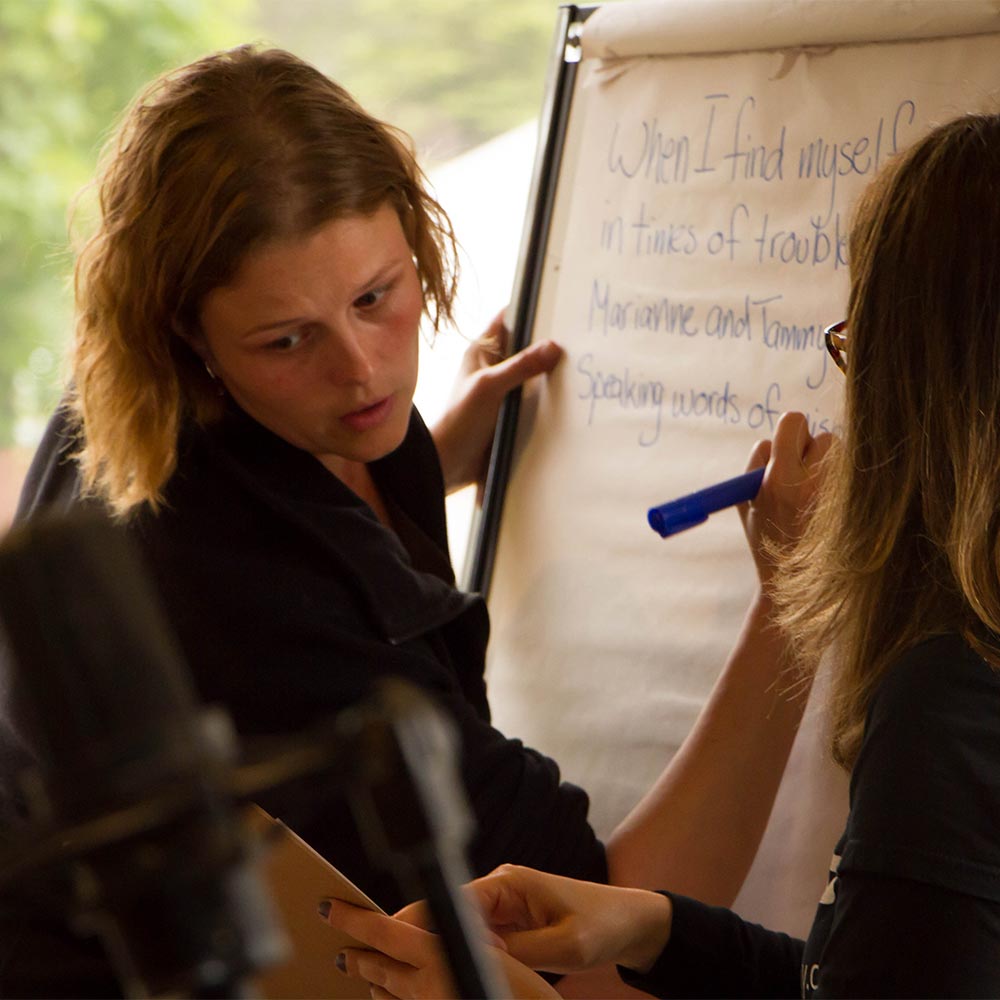
How can singing benefit your team?
Team management is a complex task for business managers because it involves a variety of interpersonal skills: listening, apprehension, pragmatism or perspective (Remington, 2011). This diversity of skills is often little achieved by managers who will have difficulty in carrying out their project. Indeed, numerous studies have demonstrated that the barriers found in the accomplishment of large-scale projects are mainly due to difficulties of team “life” such as a lack of transparency, communication or lack of identification of the strengths and weaknesses of one another (Solomun, 2016)
In order to deal with this issue, many team building initiatives have been implemented as mentioned in our previous blog.
Among these initiatives, few offer activities that put team intelligence to practise in terms of communication, complementarity or shared vision.
MSP offers an innovative approach to Team Building through the use of singing as a dynamic and productive teamwork vector.
Why, as a manager, should you consider this approach?
Singing as a pleasure stimulator
From a team synergy perspective, managers are often called upon to favor team building activities leading to the creation of pleasant team memories where fun is a fundamental element of the exercise.
In this context, singing is an activity that perfectly meets these expectations. Indeed, as a release of endorphin and oxytocin, singing helps relieve stress, anxiety and leads to feelings of trust and solidarity (Keeler et al., 2015).
First considered as an activity requiring an impeccable quality of voice, singing is in reality accessible to all as many customers revealed to us. Below is an example perfectly illustrating the emotions transmitted through singing by three singers from one of our team building activities- Sing-along Package:
Singing as a tool for the development of collective skills:
Beyond feeling entertained, a Team Building activity must enable the development of collective skills that support group intelligence. In order to achieve this goal, MSP uses singing as a vector for this common development by proposing the production of a song as a group .
Lyrics composition, melody development, voice recording, the complete process allows each one of your team members team to work together in creating a unique musical work that represents the group common vision.
In addition to the fun aspect of the experience, our team has the necessary skills to manage your group in an inclusive and adaptive way. Here is another example illustrating the level of concentration of a team member during one of our team building activities – Songwriting Program:
Singing as a vector of collective intelligence
Excellent teams will develop collective intelligence in order to collectively get to know one another and develop ties amongst each other as well as find the resources they need to achieve their project objectives (Winsborough and Chamorro- Premuzic, 2017).
Singing is an excellent natural tool to help you achieve the level of management that you may need.
Indeed, singing is a natural vector of gathering, creating social bond as well as creativity that exists since the oldest civilizations. Our team recognizes the strength in singing and integrates it into your business through a collaborative process of compromise and creativity.
Singing is therefore the Team Building activity you need to achieve your professional goals !
Prior to creating your team or when choosing your team members? No matter the situation, anytime is good timing to set up a Team Building activity that will double the productivity of your employees and reap you strong benefits.
Contact us to discuss your needs and we would be delighted to walk you through one of our innovative packages combining creativity, collaboration and pleasure!
The music is in you.
References:
Keeler, J. R., Roth, E. A., Neuser, B. L., Spitsbergen, J. M., Waters, D. J., & Vianney, J. M. (2015). The neurochemistry and social flow of singing: bonding and oxytocin. Frontiers in human neuroscience, 9.
Remington, K. 2011, Leading Complex Projects, Gower Publishing Company.
Solumun L. (2016). Two-Thirds of Managers Are Uncomfortable Communicating with Employees Repéré à https://hbr.org/2016/03/two-thirds-of-managers-are-uncomfortable-communicating-with-employees
Winsborough D. and Chamorro-Premusic T., (2017). Great Teams Are About Personalities, Not Just Skills. Repéré à https://hbr.org/2017/01/great-teams-are-about-personalities-not-just-skills








